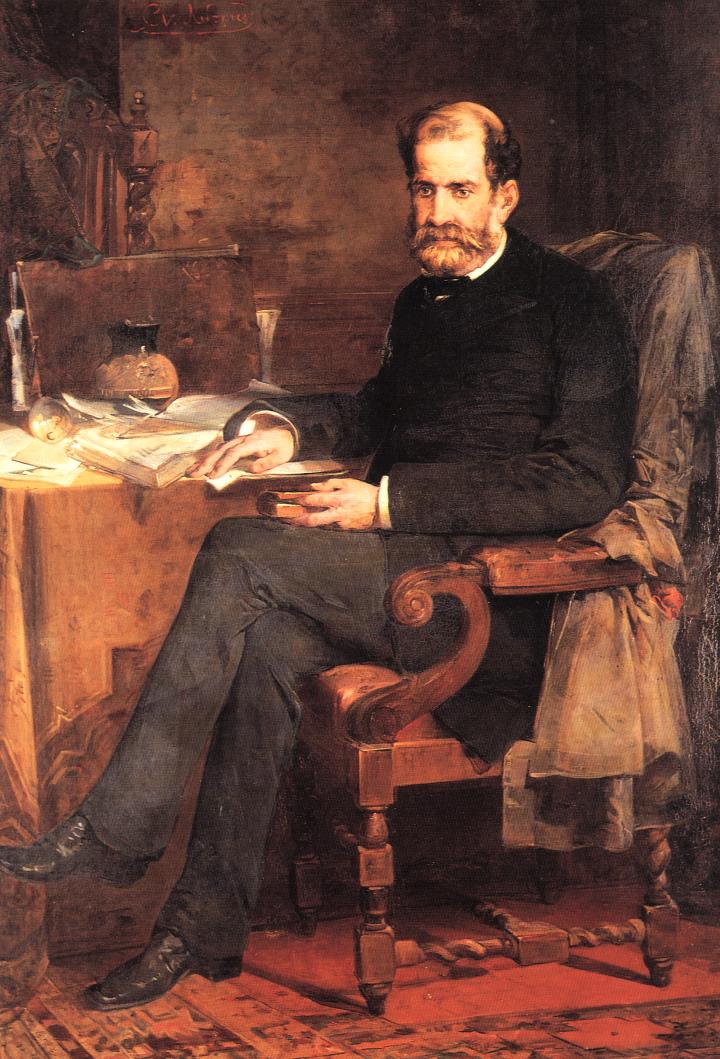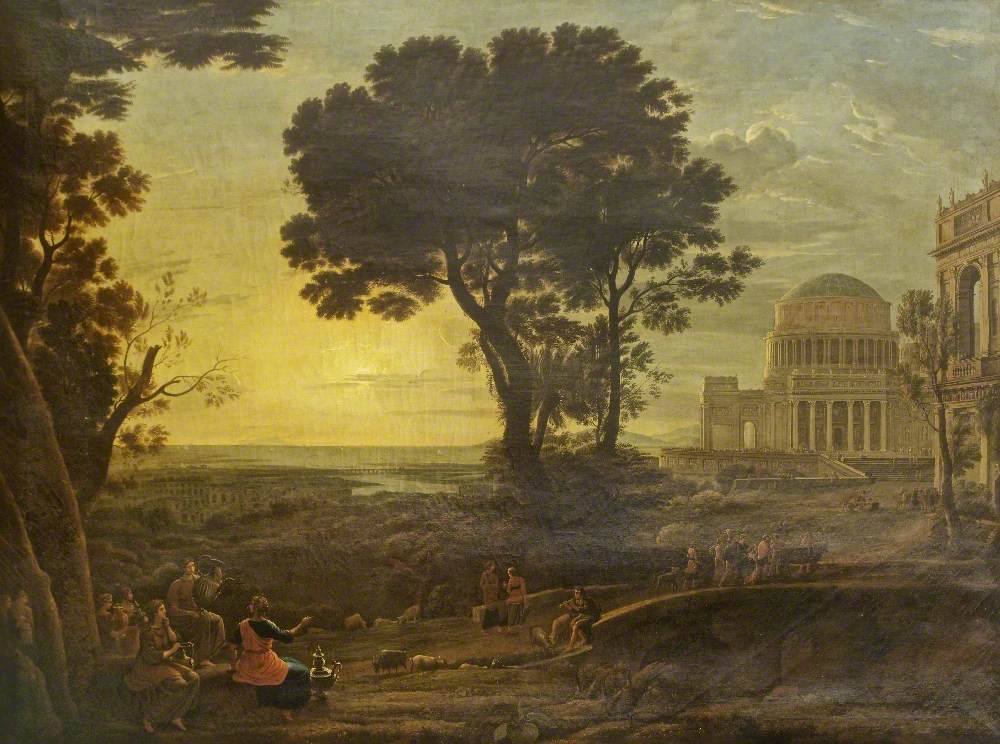PAST TALKS 2020
26 November 2020
NIKI KOGKELLI
NTUAthens, School of Architecture
![]()
French enlightenment philosophers described the ideals of Greece at a time when Greece did not exist, while the revolutionaries engulfed those ideals to their republicanism and its allegories creating a whole new symbolic system. Greece was but a set of ideals, a series of images of the ruins of grandeur that filled the pages of books such as the one by David Le Roy or those of picturesque value such as those in the book of Comte de Choiseul- Gouffier. Not long before the definitive contribution of the work of Abel Bluet that came as a result of the scientific mission in Morias (Peloponnese); after the French troops helped Greeks liberate it in 1828. Now we have detailed, measured and most importantly reconstructed drawings; the Greek utopian images filling page after page, timely reminder of what has been.
But all the while uncovering, and reconstructing the past, the image for the future was being formed alongside the new identity of the Nation State; the first in Europe. If the nation was a building what would it be? To further illuminate that creative process we focus on the work of Lysandros Kaftantzoglou.
Kaftantzoglou’s commitment to the question of ‘greekness’, was lifelong and evident in, but not limited at, his architectural work both built and unbuilt. His contribution to the matter was further developed through the position he attained as the first greek director of the Royal School for the Arts from 1844 until 1863. The case study we focus on, is his drawings for the Panellinion Iroon (National Pantheon). Greece is formed primarily on paper, from the first studies on Venus to Bluet’s redesigned ancient temples; the anatomy of ‘greekness’ can be found. While through Kaftantazoglou’s speeches and designs the debate unravels; how do we bridge the path from Utopia to re-construction. If the nation was a building maybe it could be the Panellinion Iroon.
***
Reinventing Antiquity:
YANNIS TOURNIKIOTIS
Sorbonne University, School of History of Art and Archeology
![]() John Plimmer, Procession to the Temple of Apollo at Delos (after
Claude Lorrain), between 1759 and 1760. (Wikipedia commons)
John Plimmer, Procession to the Temple of Apollo at Delos (after
Claude Lorrain), between 1759 and 1760. (Wikipedia commons)
In recent years, the ancient city of Delos and
the contemporary city of Eleusis in Greece hold prominent places in the
discourse of history and culture respectively as World and European monuments
of culture. Delos has been classified as a UNESCO world heritage monument since
1990, while Eleusis was declared “European Capital of Culture 2021” in 2015. These
classifications declare a strong relationship between politics, history, and culture,
and, along with ongoing institutional and scientific cultural and urban
projects, lead to the re-evaluation, and re-conceptualization of their cultural
heritage; it is the reinvention of Greek Antiquity in the 21st century.
Lysandros Kaftantzoglou:
Building a Utopia.
Constructing the Greek Identity in Post-Revolutionary Athens
NIKI KOGKELLI
NTUAthens, School of Architecture

Lytras Nikiforos, portrait of Lysandros Kaftanzoglou (1811-1885), 1886
(Wikipedia commons)
(Wikipedia commons)
French enlightenment philosophers described the ideals of Greece at a time when Greece did not exist, while the revolutionaries engulfed those ideals to their republicanism and its allegories creating a whole new symbolic system. Greece was but a set of ideals, a series of images of the ruins of grandeur that filled the pages of books such as the one by David Le Roy or those of picturesque value such as those in the book of Comte de Choiseul- Gouffier. Not long before the definitive contribution of the work of Abel Bluet that came as a result of the scientific mission in Morias (Peloponnese); after the French troops helped Greeks liberate it in 1828. Now we have detailed, measured and most importantly reconstructed drawings; the Greek utopian images filling page after page, timely reminder of what has been.
But all the while uncovering, and reconstructing the past, the image for the future was being formed alongside the new identity of the Nation State; the first in Europe. If the nation was a building what would it be? To further illuminate that creative process we focus on the work of Lysandros Kaftantzoglou.
Kaftantzoglou’s commitment to the question of ‘greekness’, was lifelong and evident in, but not limited at, his architectural work both built and unbuilt. His contribution to the matter was further developed through the position he attained as the first greek director of the Royal School for the Arts from 1844 until 1863. The case study we focus on, is his drawings for the Panellinion Iroon (National Pantheon). Greece is formed primarily on paper, from the first studies on Venus to Bluet’s redesigned ancient temples; the anatomy of ‘greekness’ can be found. While through Kaftantazoglou’s speeches and designs the debate unravels; how do we bridge the path from Utopia to re-construction. If the nation was a building maybe it could be the Panellinion Iroon.
***
Reinventing Antiquity:
Building Cities / Constructing history. Delos and Eleusis
YANNIS TOURNIKIOTIS
Sorbonne University, School of History of Art and Archeology
 John Plimmer, Procession to the Temple of Apollo at Delos (after
Claude Lorrain), between 1759 and 1760. (Wikipedia commons)
John Plimmer, Procession to the Temple of Apollo at Delos (after
Claude Lorrain), between 1759 and 1760. (Wikipedia commons)In this context, it is my aim to comprehend the present past identity of Delos and Eleusis through the making process of their respective cultural heritage, Françoise Choay’s built heritage that impacts the lives of inhabitants and visitors. Conducting a retrospective analysis of their cultural heritage in the 21st century to its origin and emergence in the 19th century, I investigate how architectural and archaeological practices grounded both political aspirations, and historical speculations to form their respective cultural identity and value.
Until the 18th century, Delos, and Eleusis, both deserted and in ruins, were mostly known to antiquarians, collectors and travellers that dreamed of Classical Greece, and sought to discover and prove its existence. During the 19th century, they were conceived as part of Greece’s ideal past and heritage that had to be built and lived. It is only after a building process of expropriating Greek and ottoman buildings and designing archaeological sites, and modern cities that Delos transformed into an ancient city and Eleusis into an industrial one. Today, by intervening in their urbanity, they are about to transform into the 21st century city of ancient and industrial ruins, modern and contemporary buildings, cultural and touristic activities, public and private life. It is a history in the making, but are we witnessing a paradigm shift of their respective cultural heritage, or the development of pre-existed utopian ideals, that determine and affect our way of living?